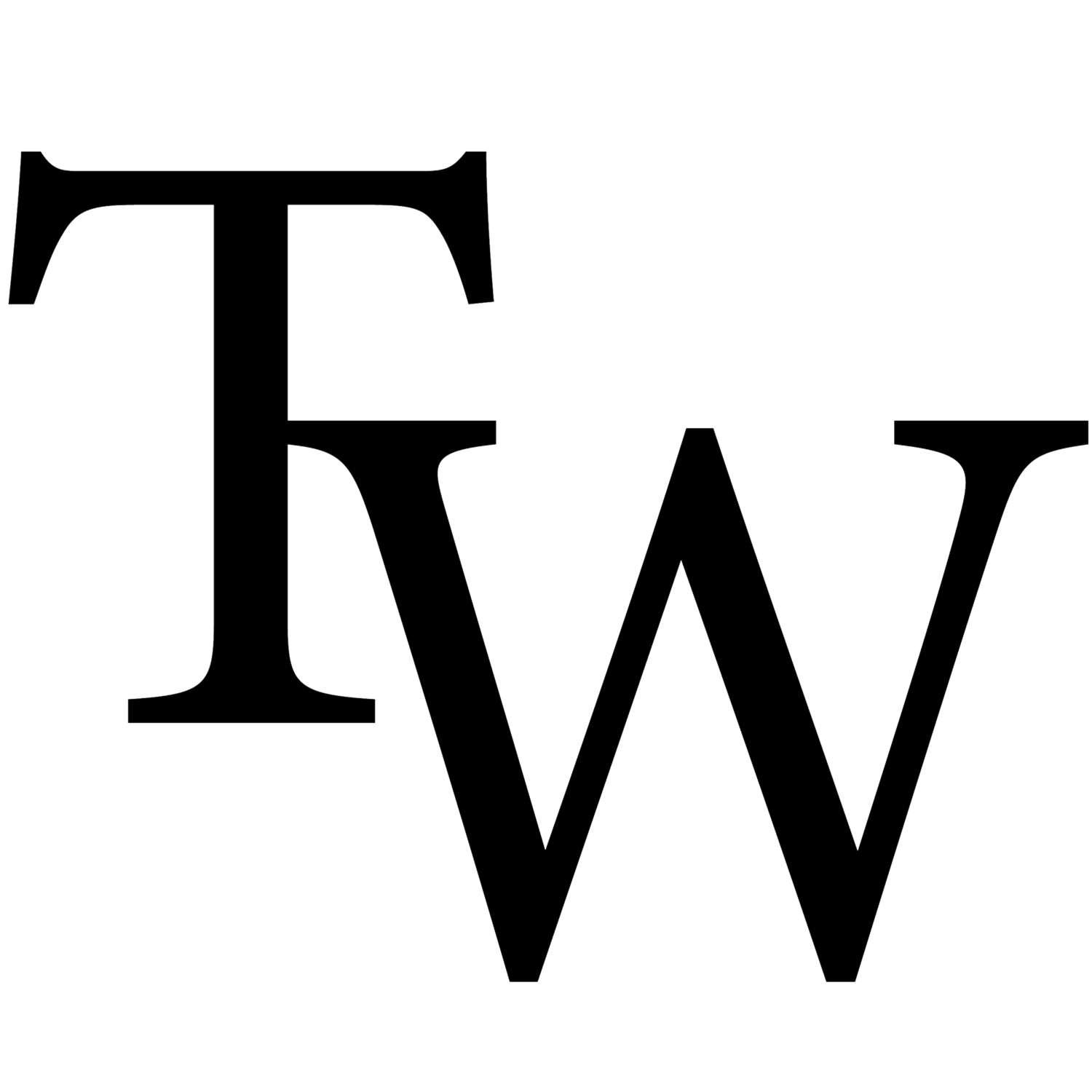COVID-19: What would a good leader do now?
‘Always approach your work with a question in mind’, says the artist, David Hockney. So, given that everything around us, at home, work and community, is in unprecedented turmoil and uncertainty abounds, the question I’m asking is,
‘What would a good leader do now?’
I commend it you as possibly the question we all need to be asking ourselves at this time. It is so easy to point at national leaders, whether political, health, or economic and assume they are (or are not) doing what needs to be done on our behalf. But we are all leaders at some level – personal, family, group, work team, community circle and it is our responsibility to write the story that we want to write on behalf of others, not just ourselves.
“What would a good leader do now?”
Get a coach, would be my first step every time.
Why?
A crisis is usually a crisis because we haven’t been this way before. What this means is that we don’t have the right maps in our heads to deal with this unknown land before us. A crisis usually pushes us all to our default belief systems. It starts producing more cortisol (the stress hormone) than usual, which in turn shuts off access to the full-functioning of our brains; it makes us insular, dig deep into old scripts, go it alone, seek to be a hero, get caught up in despair and practice old, well-worn strategies from the past.
If we were computers, a little kaleidoscope circle would be spinning round inside of us, telling us that all of our available processing space is occupied and we need to sit tight and hope things will be back to normal soon.
So why get a coach? What is the benefit to a leader of getting a coach, rather than trying to tough it out through a crisis? Top level sport has known for years what business and organisations, often seem slow to grasp – you cannot be your best, on your own. Show me one elite sportsperson who doesn’t still have a coach. The greater the demand for high performance, the greater the need for a coach. A crisis is a time when, more than ever, we need to find our best self as a leader.
The coach helps us to stop. Stopping breaks the default cycle of plain hard work and sweat and links us up to the pathway to finding some real wisdom. They help us to ask ourselves questions such as,
Is this situation new in history and what did people learn then, from that similar situation? Who do we know who led well in such a time of crisis and what did they do?
The coach helps to challenge our belief systems. We are full of controlling beliefs like, ‘don’t show vulnerability in a crisis, people will think you are weak’. That belief will shape a host of responses from us. If the belief is wrong, then our resulting actions will take us round in the same old predictable cycles.
The coach helps us find the essential 20%. The Pareto Principle taught that 80% of impact comes from 20% of your effort. The coach helps us find the right 20%. They help us address the short cuts we want to take in our thinking that often lead to unnecessary time spent on unproductive behaviours.
The coach helps us to find our resourceful self. In a crisis we need to be able to access the creative, problem solving potential of our mind. Our brains have 100 billion neurons at its disposal that can be accessed, but we need the help of a coach to dig into the vast pool of this potential, beyond what first ideas that come into our heads.
A coach helps us re-imagine the future, not simply to recover the status-quo that existed before the crisis. They help us to see how this disruption and challenge could be the very catalyst to make the bigger system changes in our lives, or organisations, that we couldn’t ordinarily make.
Inbuilt into all of this is a relationship. Coaching is first and foremost a relationship. We are relational beings, not solo artists. Coaching ensures that at the heart of our leadership is a relationship of support and challenge, that doesn’t indulge or collude with us, but truly helps us to be our best leadership self.
This article was first published on www.emerging-leaders.net March 2020
